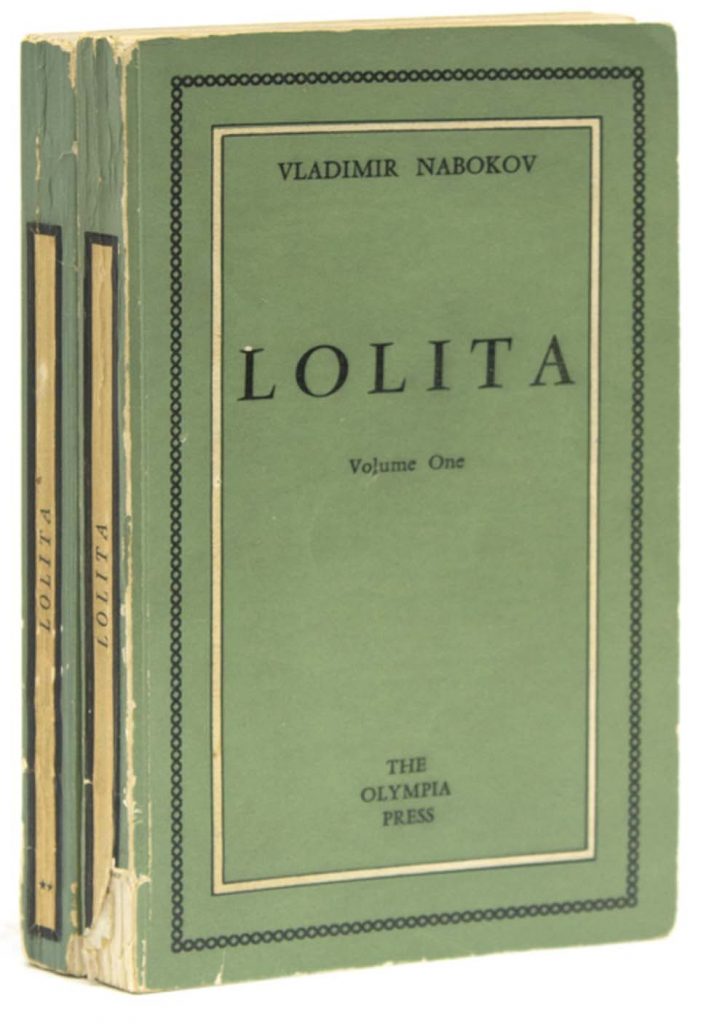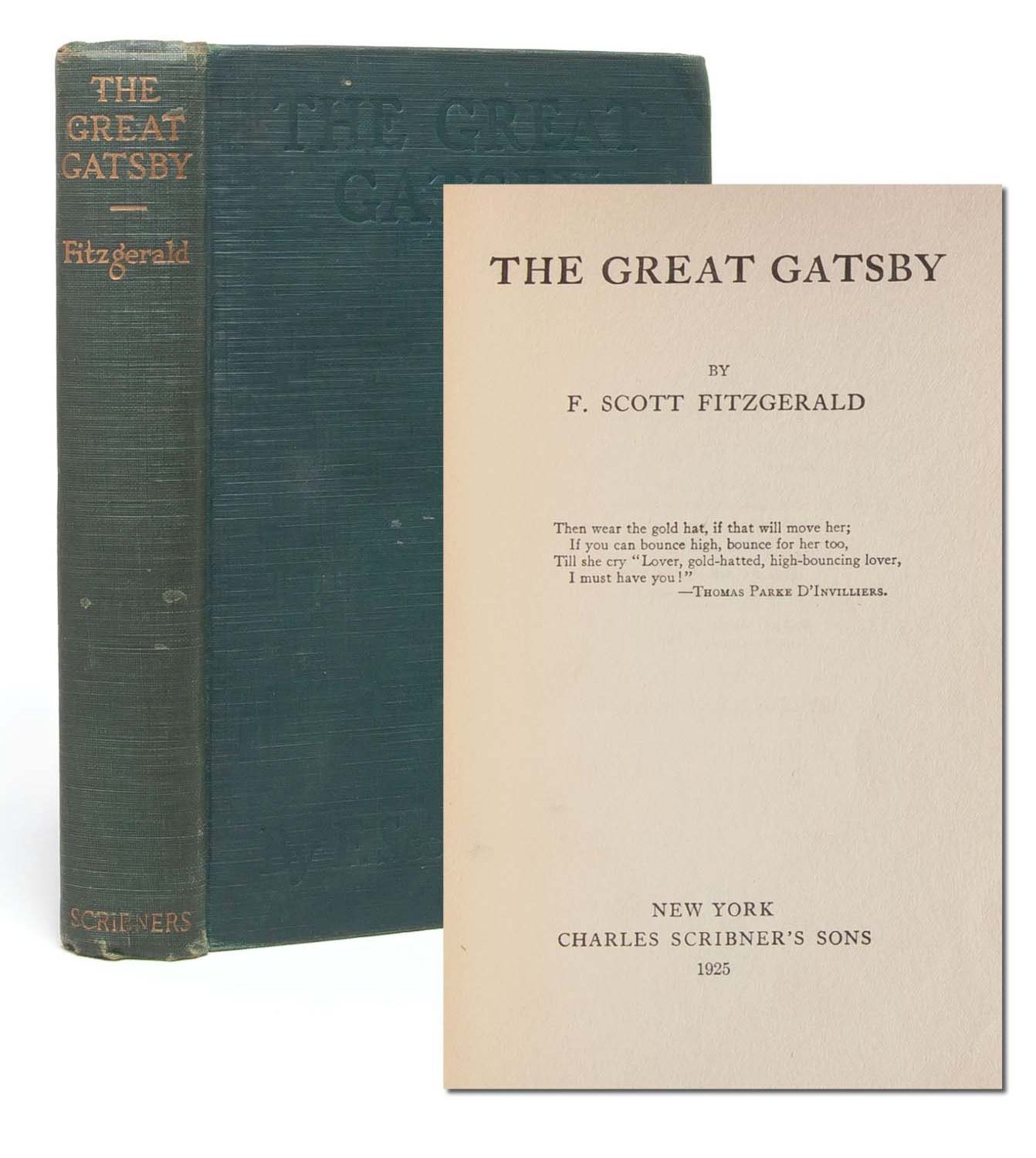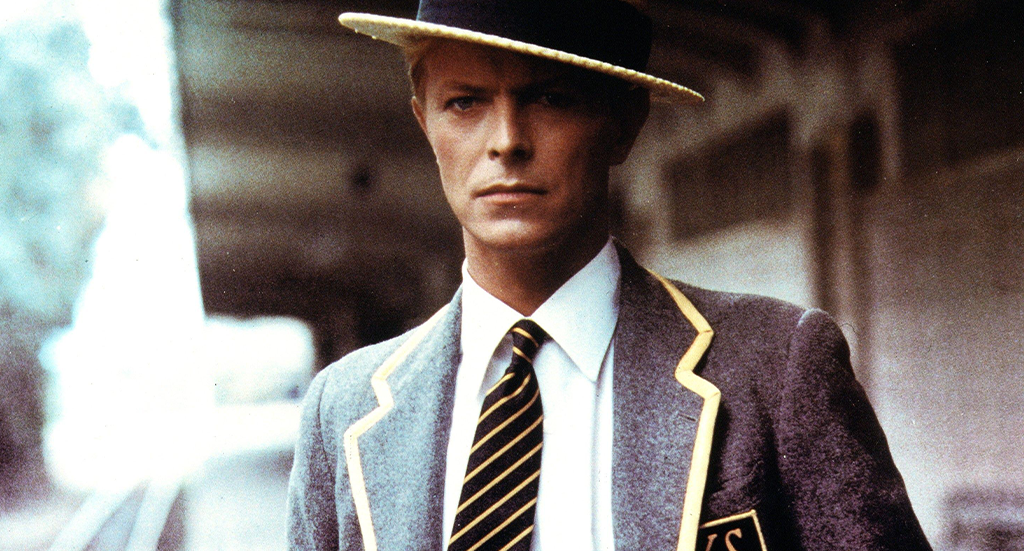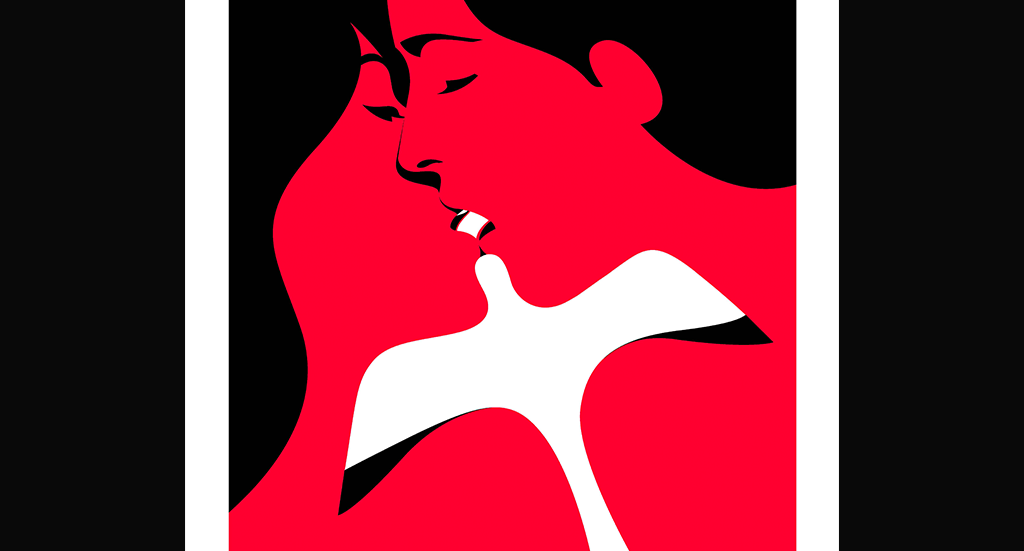31-40
Bowie’s favourite 100 Books – Part 4
David Bowie’s 100 favourite Books
Part Four 31-40


Lolita by Vladimir Nabokov
The novel’s scandal-tinted history and its subject—the affair between a middle-aged sexual pervert and a twelve-year-old girl—inevitably conjure up expectations of pornography. But there is not a single obscene term in Lolita, and aficionados of erotica are likely to find it a dud. Lolita blazes, however, with a perversity of a most original kind.
For Mr. Nabokov has distilled from his shocking material hundred-proof intellectual farce. His book is slightly reminiscent of Thomas Mann’s Confessions of Felix Krull; but Lolita has a stronger charge of comic genius and is more brilliantly written. Mr. Nabokov, a Russian émigré now working in his second tongue, has few living equals as a virtuoso in the handling of the English language. (Source: The Atlantic)
Herzog by Saul Bellow
This is the story of Moses Herzog, a great sufferer, joker, mourner, and charmer. Although his life steadily disintegrates around him – he has failed as a writer and teacher, as a father, and has lost the affection of his wife to his best friend – Herzog sees himself as a survivor, both of his private disasters and those of the age. He writes unsent letters to friends and enemies, colleagues and famous people, revealing his wry perception of the world around him, and the innermost secrets of his heart. (Source: Goodreads.com)


Puckoon by Spike Milligan
Only the gloriously unorthodox comic brain of Spike Milligan could come up with a novel as ludicrous and yet worryingly plausible as Puckoon. The short, surreal narrative involves a 1920s Irish border town being split down the middle between Northern Ireland and the Republic, and the large cast of idiosyncratic characters who are made to dance to their author’s giddily singular tune. (Source: Waterstones.com)
Black Boy by Richard Wright
Black Boy is a classic of American autobiography, a subtly crafted narrative of Richard Wright’s journey from innocence to experience in the Jim Crow South. An enduring story of one young man’s coming of age during a particular time and place, Black Boy remains a seminal text in our history about what it means to be a man, black, and Southern in America. (Source: Goodreads.com)


The Great Gatsby by F. Scott Fitzgerald
The Great Gatsby, F. Scott Fitzgerald’s third book, stands as the supreme achievement of his career. This exemplary novel of the Jazz Age has been acclaimed by generations of readers. The story of the fabulously wealthy Jay Gatsby and his love for the beautiful Daisy Buchanan, of lavish parties on Long Island at a time when The New York Times noted “gin was the national drink and sex the national obsession,” it is an exquisitely crafted tale of America in the 1920s. (Source: Goodreads.com)
The Sailor Who Fell From Grace With The Sea by Yukio Mishima
The first translated edition of his novel was published in 1965 – “The Sailor Who Fell from Grace with the Sea” is a prime example, a rapturous burst of language both mythical and keenly detailed, translated beautifully by American writer and director John Nathan. In a Yokohama suburb during the post-war years, the fatherless 13-year-old Noboru joins a gang of sociopaths from good families. They scorn the uselessness of mankind — especially fathers, “the vilest things on earth” — and then kill and dissect a cat to practice their “absolute dispassion.” (…) (Source: japantimes.com)


Darkness At Noon by Arthur Koestler
Darkness at Noon (from the German: Sonnenfinsternis) is a novel by the Hungarian-born British novelist Arthur Koestler, first published in 1940. His best-known work tells the tale of Rubashov, a Bolshevik 1917 revolutionary who is cast out, imprisoned and tried for treason by the Soviet government he’d helped create. (Source: Goodreads.com)
The Waste Land by T.S. Elliot
S. Eliot’s landmark modernist poem The Waste Land was published in 1922. Divided into five sections, the poem explores life in London in the aftermath of the First World War, although its various landscapes include the desert and the ocean as well as the bustling metropolis. The poem is notable for its unusual style, which fuses different poetic forms and traditions.
Eliot also alludes to numerous works of literature including the Bible, Shakespeare, St Augustine, Hindu and Buddhist sacred texts, as well as French poetry, Wagnerian opera, and Arthurian legend surrounding the Holy Grail. But the poem is also strikingly modern in its references to jazz music, gramophones, motorcars, typists and tinned food. (Source: prefabfonn.it)


McTeague by Frank Norris
“I never truckled. I never took off the hat to Fashion and held it out for pennies. I told them the truth. They liked it or they didn’t like it. What had that to do with me? I told them the truth,” declared Frank Norris, shortly before his death at the age of thirty-two. Of his novels, none have shocked the reading public more than McTeague, and few works since have captured the seamy side of American urban life with such graphic immediacy as does this portrayal of human degradation in turn-of-the-century San Francisco.
Its protagonists, men and women alike, are shown as both products and victims of a debasing social order. Heredity and environment play the role of fate in a tale that moves toward its harrowing conclusion with the grim power and inevitability of classic tragedy. (Source: letitbleeed.com)
Money by Martin Amis
John Self is a consumer extraordinaire. Rolling between London and New York he closes movie deals and spends feverishly, all the while grabbing everything he can to sate his massive appetites: alcohol, tobacco, pills, pornography and mountains of junk food. But John’s excesses haven’t gone unnoted. Menaced by a phone stalker, his high-wire, hoggish lifestyle is about to bring him face-to-face with the secret of his success. (Source: Carnyhill.com)

Please stay tuned for Part 5 – soon on theecool.com






Join our Community